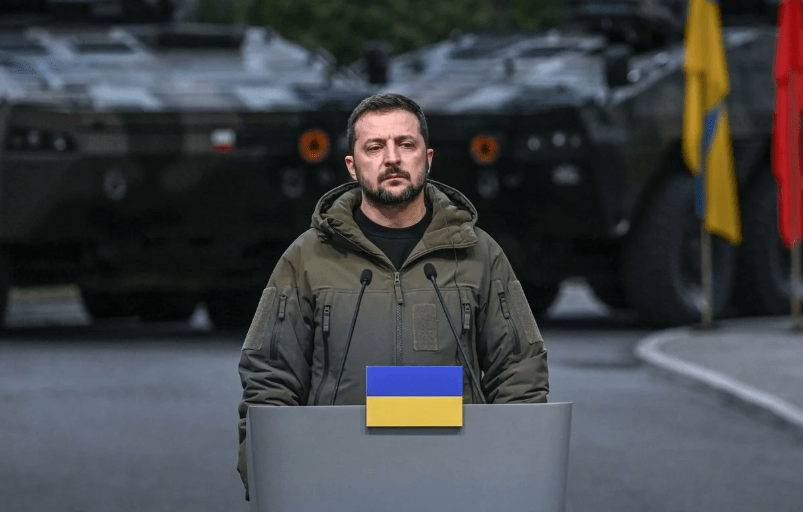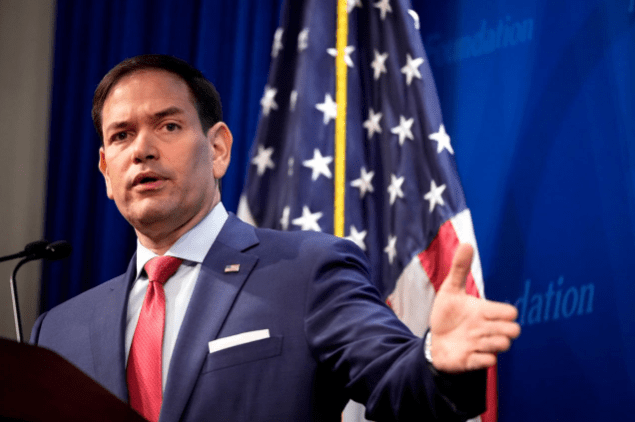London – The much-anticipated ceasefire talks aimed at halting the ongoing war between Russia and Ukraine have been dealt a blow, with senior US officials pulling out just days before the meeting was due to begin.
Top US representatives, including Secretary of State Marco Rubio and special envoy Steve Witkoff, will no longer be attending the high-level talks in London on Wednesday.
Their absence has prompted a significant downgrading of the event, now limited to technical discussions between senior officials from the UK, France, Germany, Ukraine, and the US.
Instead of Rubio and Witkoff, Trump-era Ukraine envoy General Keith Kellogg will represent the US. Speaking ahead of the talks, Rubio downplayed expectations, calling the gathering a set of “technical meetings.”
He noted his visit to the UK had merely been postponed and would be rescheduled shortly.
While London was initially set to be a pivotal diplomatic moment, the US has shifted its focus to Moscow. Secretary Rubio is expected to concentrate on a separate round of discussions in the Russian capital, as diplomatic moves to end the war appear to be gaining momentum.
Meanwhile, Witkoff is due in Moscow later this week for his fourth face-to-face with Russian President Vladimir Putin—a development that underscores Washington’s decision to pursue direct channels with the Kremlin.
The UK Foreign Office confirmed the changes in a short statement on Wednesday morning, noting that “official-level talks will continue, but these are closed to media.”
Amid these shifts, the Financial Times reported that Russia might be open to halting its invasion along the current battle lines—if the US recognises Crimea as Russian territory.
That report, however, was swiftly denied by the Kremlin. Spokesman Dmitry Peskov dismissed it, stating, “A lot of fakes are published nowadays.”
Ukrainian President Volodymyr Zelensky also firmly rejected the idea. “Ukraine does not legally recognise the occupation of Crimea. There’s nothing to talk about,” he said during a press conference.
Yuriy Sak, adviser to Ukraine’s Ministry of Strategic Industries, echoed this sentiment in a BBC Radio 4 interview. He said it would be “naïve” to expect Ukraine to compromise on “non-negotiable” issues such as Crimea.
Sak confirmed that Ukraine’s team would approach the London meeting with a “very clear, narrow mandate” focused solely on securing a ceasefire.

Despite a supposed ceasefire over the Easter weekend, Russian forces have renewed their offensive. On Wednesday, a drone strike in the eastern city of Marhanets killed nine people and injured dozens more. A key power facility in the Kherson region was also destroyed following repeated attacks.
UK Defence Secretary John Healey criticised Moscow’s duplicity. “While Putin has said he declared an Easter truce, he broke it,” he told MPs. “While Putin says he wants peace, he has rejected a full ceasefire.”
Healey added that although Russian military advances have slowed, Ukraine remains under relentless pressure across multiple fronts.
The war’s devastation is staggering. Since the Russian invasion began on 24 February 2022, hundreds of thousands have been killed or wounded. Nearly seven million Ukrainians have been forced to flee their country, now listed as refugees around the globe.
The roots of the conflict trace back over a decade. In 2014, following the ousting of Ukraine’s pro-Russian president, Moscow annexed Crimea and began supporting separatist fighters in eastern Ukraine—a spark that ignited a years-long crisis.
As talks in London proceed without key US officials, the diplomatic path to peace remains uncertain. While back-channel negotiations intensify, especially in Moscow, there’s little sign that meaningful progress is within reach. The battlefield remains active. The human suffering continues. And for now, hope for a breakthrough rests on fragile, shifting ground.






